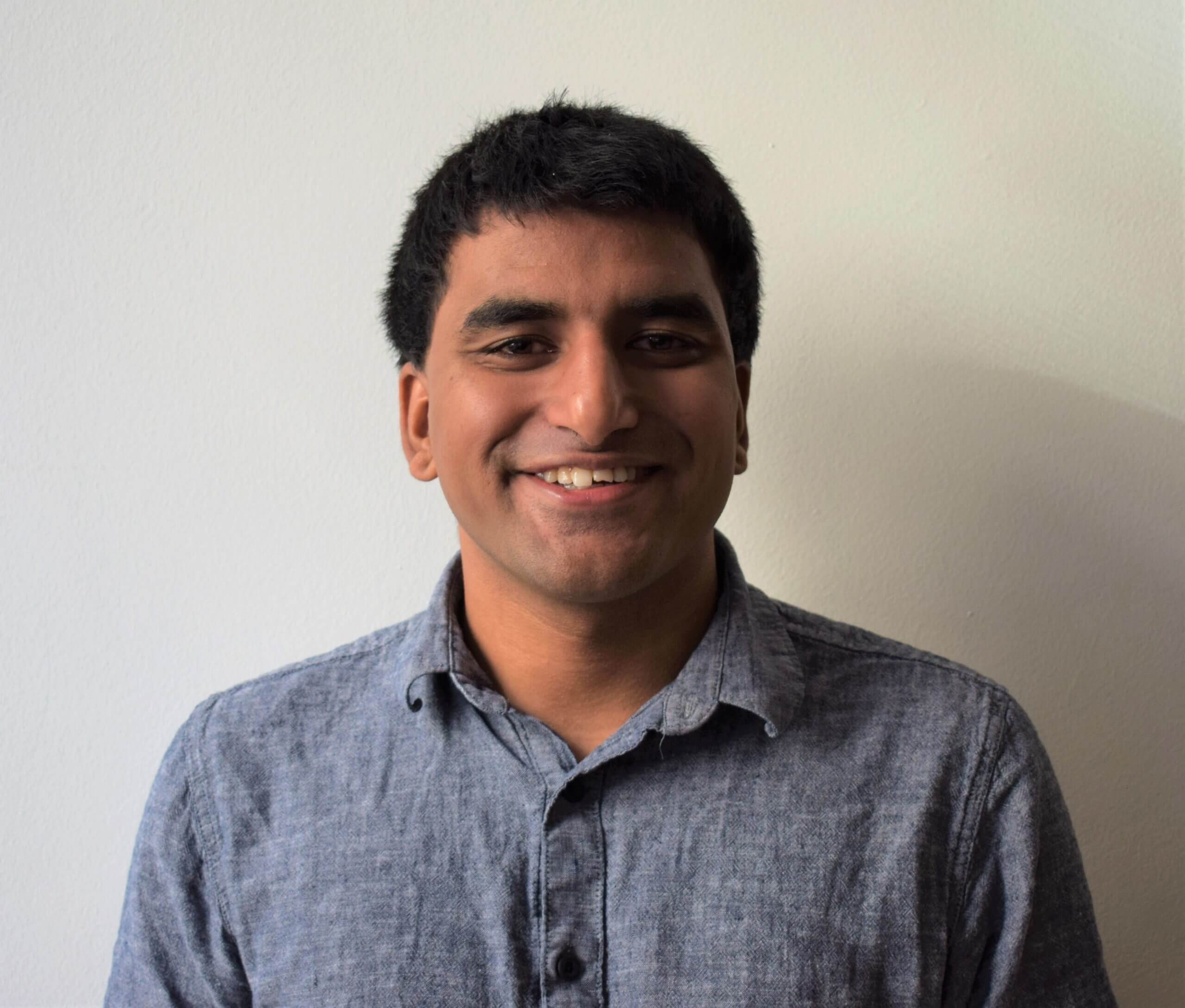
Juno Bhardwaj Shah, External Affairs Intern, Money and Mental Health.
Introducing: Juno Bhardwaj Shah
4 February 2020
Over the past decade, there is no doubt that the discourse around mental health has changed for the better, with more and more people being encouraged to speak up about mental health issues. However, despite this positive change, many still struggle to access overstretched and under resourced mental health services, and too often the link between people’s mental health and financial wellbeing has been overlooked altogether.
The Money and Mental Health Policy Institute shines a much-needed spotlight on these problems, from the #stopthecharge campaign (which eliminated GP charges for Debt and Mental Health Evidence Forms in England), to work making the benefit system more accessible to those with mental health problems. I could not be more excited to be the new External Affairs Intern for Money and Mental Health and contribute to its amazing work.
Mental health and me
Growing up, my own mental health was not something I thought about much. While I knew ‘of’ it, I didn’t relate it to my life or my experiences. Looking back, I viewed mental illness through the lens of popular culture which often exaggerates mental health conditions and portrays mentally ill individuals unfairly. It wasn’t until I started university that the importance of mental health became apparent to me.
Starting university was really exciting, as it is for the millions of young people who start every autumn. My first year whirled by as I attended lectures on subjects I was passionate about, got to know some amazing people and became independent for the first time (with all that entailed). The thrill was compounded by the fact that I went to university in a new country, the United States, which made everything even more unfamiliar and exhilarating.
Towards the end of this year, my own mental health started affecting both my academic and social life. I was suffering from panic attacks, struggling to attend lectures, had zero motivation to show up for my part-time job and started drifting away from things I previously loved doing. Everything became so overwhelming and I was disappointed in myself for not enjoying what were supposed to be ‘the best years of my life’.
Overcoming, and being able to manage, my depression and anxiety was challenging but I was incredibly lucky to have such supportive family and friends, and to be at a university which had resources and support available when I needed it. One of the things that really helped me was the openness of the university in signposting resources and checking in on student wellbeing; something which needs to be improved across the universities sector.
My own experience with mental health is something that drives me to learn more about the issues that people face. During my time in America, I volunteered for the National Suicide Prevention Lifeline and took calls from people who were struggling to manage their mental health. At this point I understood that mental health problems are fairly ubiquitous across society but what really shocked me was the amount of people whose mental health had worsened due to their financial situation. Countless callers lacked the money or insurance that they needed to attend therapy, see a psychiatrist, gain access to medications or seek emergency assistance. Even with the few ‘free’ services available, many callers needed extra support to phone the appropriate resources.
These constraints made it extremely difficult for those with mental health conditions to cope and often exacerbated their mental health issues. While we are fortunate enough to have the NHS here in the UK, the toxic relationship between mental health issues and financial distress is still ever-present in our society.
Working at Money and Mental Health
During my first week here, I have been busy acclimatising to the organisation, learning more about the exciting projects and campaigns that are planned for the coming year, and getting to know the team. I am genuinely struck by the incredibly supportive environment that Money and Mental Health has created; everyone has been so welcoming and kind. It is amazing to observe the dynamism of the entire team, who constantly strive to lessen the burden placed on those with mental health conditions.
In a world where so much is ‘said’ about mental health, it is encouraging to see that Money and Mental Health propose practical and workable solutions that make people’s lives easier. All of the work that the charity undertakes is grounded in the real-life experiences of their incredible Research Community, something that really drew me to the organisation. I’m thrilled to be playing a small part in driving changes that have a real impact on people’s everyday lives.
